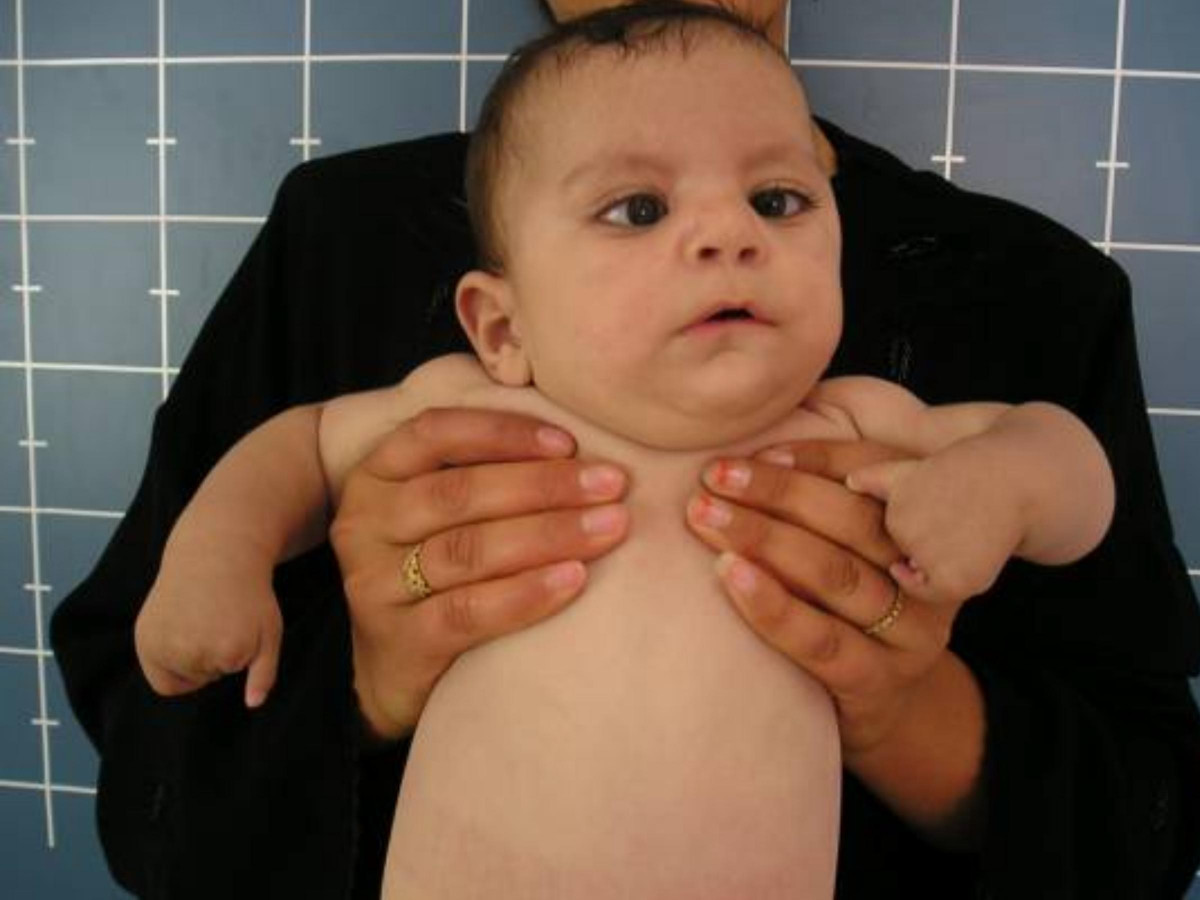
Moebius Syndrome in American society: ‘People with facial differences have a unique beauty’
Moebius syndrome is a very rare syndrome in which muscles that control facial expressions are affected. According to the U.S. Department of Health & Human Services, the syndrome affects 1 in 50,000 to 1 in 500,000 newborns. That’s why they raise awareness today. ‘Moebius syndrome is an ‘equal opportunity’ rare disorder. It affects the rich and poor, males and females, regardless of color or race,’ added Vicki McCarrell, co-founder of the Moebius Syndrome Foundation.
To help other families, Vicki McCarrell and Lori Thomas founded the Moebius Syndrome Foundation (MSF). ‘The MSF started as a support group of four families of children with Moebius syndrome who met in my living room in California in 1991,’ explains Vicki. ‘My son was born in 1990 with Moebius syndrome and we didn’t want others to feel alone, so we started a newsletter, held a conference and became a non-profit foundation in 1994.’
Why is awareness important?
January 24th is Moebius Syndrome Awareness Day. On this day in 1853, Professor Paul Julius Moebius, the doctor who first diagnosed the condition, was born. The goal of this organization is to inform and educate people about the condition.
Because the condition is so rare, not all doctors know what it is. ’In past years, it often took years to get a diagnosis of Moebius syndrome since very few doctors knew what it was. Hopefully now with the internet, social media and the work of MSF, it can be more easily diagnosed,’ says Vicki.
https://www.instagram.com/p/BtBnsJrhjKE/?utm_source=ig_web_copy_link
To raise awareness, the MSF provides a website, Facebook groups, Instagram and Twitter accounts. ‘We send welcome packets to people who contact us with information about Moebius syndrome, research being done and connect people with others in their state or country. We also send bibs to babies with Moebius syndrome and t-shirts for babies and toddlers. We have funded over $1 million in research to try to find the cause of Moebius syndrome.’
Moebius vs. the community
America has a high masculinity score according to Hofstede’s dimensions. This score indicates that this society is driven by competition, achievement, and success. ‘Society puts a lot of emphasis on beauty, and people with facial differences such as paralyzed faces have a unique beauty,’ confirms Vicki. ‘The biggest challenges for teens and adults is usually due to dating. Many times they don’t get asked out on dates because of their looks.’
Because people with Moebius have different facial expressions in a society where looks are important, judgment isn’t far off. ‘Questions about bullying, employment, and social stigma are things that we work very hard to combat. People with Moebius syndrome are just like everyone else, they just smile from their hearts. Adults with Moebius syndrome are doctors, nurses, teachers, researchers, teachers, college professors, journalists, a CNN producer, broadcast journalists: they can do anything. If people just give them a chance and look beyond face value.’
Surgery for aesthetics
Aside from the different facial expressions, people with Moebius can have other symptoms. ‘Some babies with Moebius syndrome are born with club feet, this happens 50% of the time. Also malformed hands, arms, feet or legs in some cases,’ explains Vicki.
Practicality is not the only reason for the so-called ‘smile surgery’, the beauty aspect also plays a big role in this decision. ‘Some people choose to get the ‘smile surgery.’ My son, who is now 29-years-old, did not want to undergo the 10-hour surgery on each side of the face,’ says Vicki.
‘People with Moebius syndrome are just regular people who smile from their hearts. Don’t judge people by their faces. We all have feelings and need to be treated with dignity and respect,’ concludes Vicki.
Text: Aram Van den Eynde, photo: Filip em (CC by 2.0)



